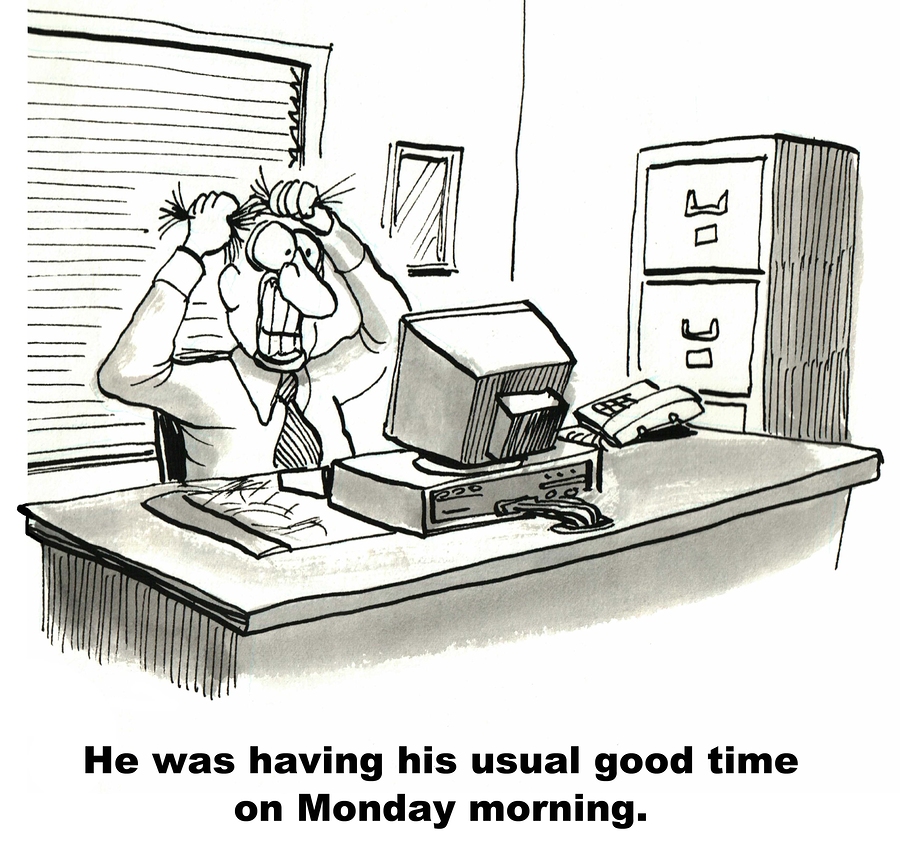(Updated 1/14/2026)
I’m thankful to the Lord that I’m a literary agent working for Him in Christian publishing. I’m grateful to the readers of this blog for being part of our writing community. As for approaching me with your work, let’s see if our passions match:
Christian Romantic Suspense and Suspense
Readers of Christian romantic suspense and suspense are a large and devoted fan base. I’m privileged to represent many significant authors in this space. I would like to see category novels and longer stories. The suspense author creates a realistic situation involving immediate, life-threatening danger that doesn’t diminish until the perpetrator is apprehended. Authors must know proper law enforcement procedures, weapons, and how criminals think and operate. The plot needs to be logical. The motive must be strong enough to justify the crime. The reader is waiting to see the reason for the crime, so a weak motive will diminish the reader’s enjoyment. But a twisty conclusion will encourage readers to become lifelong fans! Romantic suspense novelists should follow the above guidelines, but stories must feature a compelling and natural romance. The couple is in imminent danger. The romantic protagonists are appealing both inside and out, emphasizing personality and integrity over physical appearance.
Historical and Contemporary Christian Romance Novels
Christian romance readers love their authors and books. I’m honored to be an agent entrusted by many prominent authors to represent their work. I would like to see category romance novels, as well as longer novels. This author creates a fresh take on traditional plots for uplifting, inspiring stories. The author is an expert in the chosen setting, attitudes, and mores of the time. For example, to ensure accuracy, authors of Amish fiction should have a close connection with the particular community they’re portraying in their novels. When considering historical novels, choose an era you’re passionate about enough to spend numberless hours researching. Hone the discipline to include historical elements the reader needs to know and will enjoy while keeping nonessential factoids off the page. As with all Christian romance novels, the star couple is attractive inside and out, emphasizing sincere charm, temperament, and integrity over physical attributes.
Other Christian Fiction
I seek a tale well told that deserves a place in CBA. While novels not within a genre may have fewer guidelines, traditional publishers seek a word-count range. For example, a standalone 30,000-word novella and a 250,000-word novel from an unproven author are each likely to secure rejections from traditional publishers. Unfortunately, I must decline many submissions because of length.
Nonfiction
The importance of platform here is magnified a thousandfold in comparison with fiction. I need to see an author already connecting with a sizable number of potential readers. Nonfiction readers seek insight, help, knowledge, and encouragement. An author must show authority in the chosen topic when delivering a book to these readers. Dynamic writing is essential, even when the topic is intense. I love books that beg me to read them even when the subject doesn’t apply to me. Now that’s a well-written and engaging book.
Read Before Writing
Writers eager to be published must know the competition, so read what’s already available, preferably published within the last couple of years. Take notes to keep from repeating the same settings or ideas in fiction. The nonfiction author should make sure an author with an international platform has yet to publish a similar book. Visit publishers’ websites to discover their books. Some publishers offer submissions guidelines.
Hearing From Me
We aren’t perfect in our response speed. Please follow up if you don’t hear from us. Every submission we receive is reviewed. We attempt to respond to every offer. You can send proposals to ewilson@stevelaube.com. (Please visit the guidelines for specifics.) I look forward to hearing from you!








